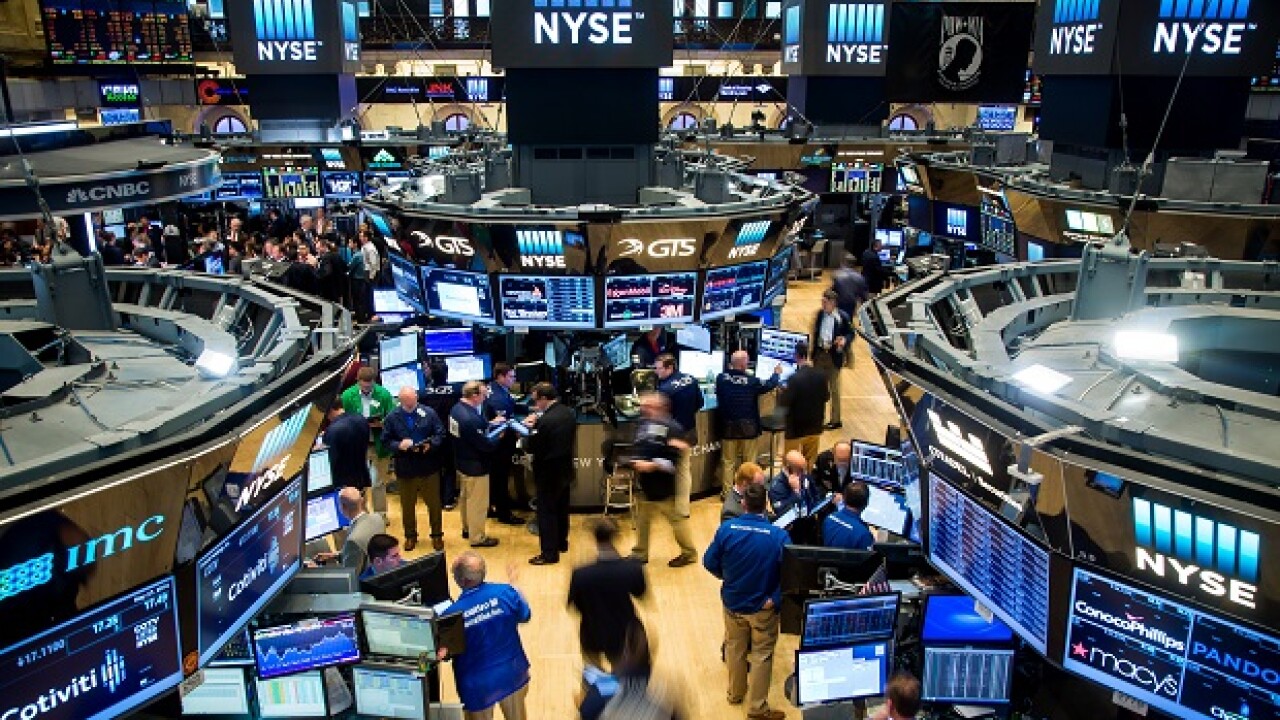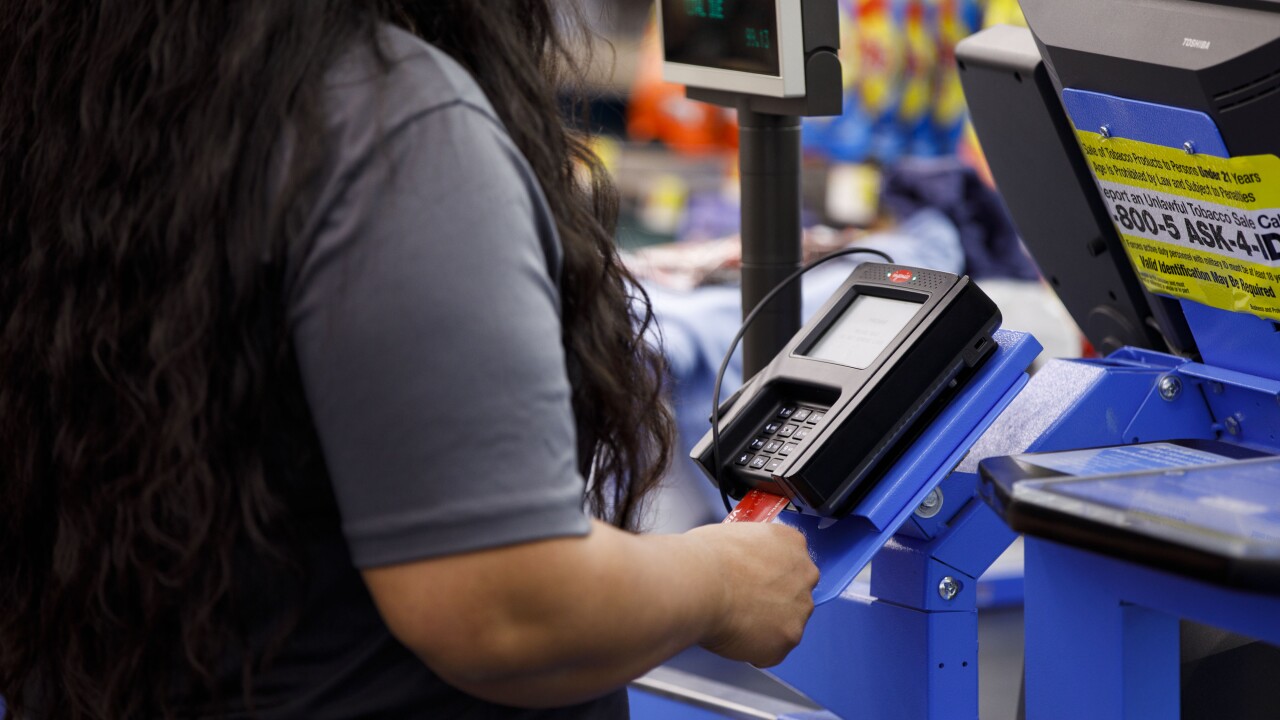-
Initially, the notes benefit from a reserve fund that equals 0.50% of the pool balance; overcollateralization, which represents 10.60% of the pool balance; and subordination.
November 22 -
Analysts say lenders' shares could rally on deregulation, lighter tax burdens and a resurgence of M&A. Declining interest rates and lower loan losses could further bolster bottom lines and attract investor interest.
November 21 -
Lender to consumers denied traditional credit raises $250 million after skipping 2023.
November 14 -
A vast majority of the deal, 87.17% of the collateral, as a percentage of the assets' principal balance, has a 60-month original term to maturity.
November 1 -
Republic First Bank allegedly discriminated against minority borrowers before it went under in April. New Jersey officials want both the acquirer of its remains, Fulton Bank, and the FDIC to assume some responsibility.
October 31 -
Los Angeles dispute resolution platform Ejudicate was banned by the Consumer Financial Protection Bureau for forcing borrowers into arbitration with an affiliated creditor.
October 10 -
At a New York event, industry practitioners shared how they are addressing cultural, compliance and logistical objections to making loans based on bank account data.
September 13 -
Affirm Asset Securitization benefits from overcollateralization in several forms. Target overcollateralization during the revolving period will equal 2.65% of the initial adjusted pool balance.
September 5 -
Only loans from the Achieve Personal Loan product line are in the current collateral pool.
August 30 -
Overcollateralization, subordination of the junior notes, a non-declining cash reserve account and excess spread provide credit enhancement to the notes.
August 29 -
Increased demand from borrowers may hinge on Federal Reserve Chair Jerome Powell and his colleagues cutting interest rates this fall.
August 22 -
Asset manager-led transactions targeting asset-based finance (ABF) gained momentum following the regional banking crisis, which are typically the go-to for consumer and small business loans.
August 19 -
Set up as a forward flow deal, will allow Castlelake to buy Pagaya-originated loans for a period spanning one year, with an option to extend the agreement further.
August 9 -
The transaction includes a three-year revolving period, when collection proceeds can be used to purchase new assets. The revolving period can be terminated in an Early Amortization Event.
August 6 -
A federal appeals court ruled that the Equal Credit Opportunity Act prohibits not just outright discrimination but also the discouragement of prospective applicants for credit.
July 11 -
The transaction will not have a set collateral pool at closing, but a prefunding account will support issued notes during an initial two-month prefunding period.
June 5 -
Slated to close on June 13, Regional Management Issuance will pay notes on the 15 of each month, beginning in July 2024. With a May 31, 2024 initial cut-off date, the transaction has a three-year revolving period ending May 31, 2027.
June 5 -
The latest note sale is within the February securitization's two-year revolving period. It brings the total issuance to $1 billion and the notes have a maturity date of February 15, 2029.
May 31 -
Western Benefits Group initiated contracts with student loan borrowers extracting monthly fees upfront, while claiming to negotiate debt consolidation through a supposed affiliation with the Department of Education, the CFPB said.
May 20 -
The number of borrowers who are at their credit limits is approaching its pre-pandemic level, and the percentage of balances that are sliding into delinquency has hit its highest rate in more than a decade, according to new research. Still, card companies are generally expressing optimism about their credit outlooks.
May 14


















